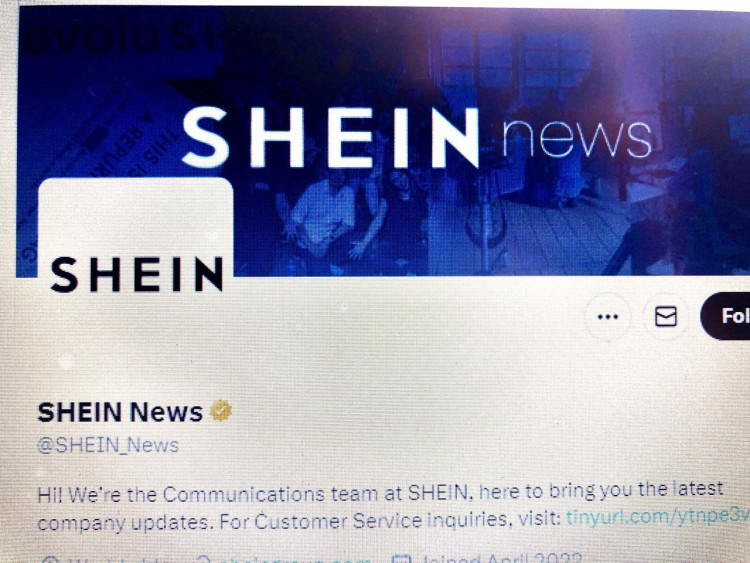Online fashion retailer Shein, reportedly valued over $60 billion, denied rumors that the company is planning to go public in the United States, according to a company spokesperson's email. This follows media reports suggesting that the Chinese company had filed an application for an initial public offering (IPO) with the U.S. Securities and Exchange Commission (SEC).
Sources in the know claimed that if Shein goes public, it could become the highest valued Chinese company to list in the U.S. since 2021. They also speculated the listing might take place before the end of 2023.
Shein was previously valued at $66 billion in a funding round in May that raised $2 billion. While this valuation represents a significant drop from its previous estimates in the hundreds of billions, a successful IPO would still make it one of the largest globally in 2023.
This is not the first time Shein has faced rumors of going public. In both 2021 and 2022, the company denied similar speculations.
Since 2016, Shein's sales have seen exponential growth, exceeding $10 billion in revenue by 2020. With over 70 million active users and app downloads surpassing 150 million, Shein's popularity has even eclipsed Amazon's in terms of download rates post-2021.
The retailer, once valued at $100 billion, currently sits with a valuation between $65 and $70 billion, making it a leading unicorn company following ByteDance and SpaceX.
Shein has amassed a significant social media following, boasting more than 30 million followers on both Facebook and Instagram. On TikTok, videos tagged with #shein have accumulated over 7.4 billion views, while unboxing videos tagged #sheinhual have surpassed 2.1 billion views. In 2022, around 60% of Shein's 142 million consumers were first-time shoppers on the platform, and the company aims to convert the majority of these into loyal customers by 2025.
Shein's success is attributed to its low pricing strategy and demand-based production model, which includes selling low-cost items like $5 t-shirts and $20 cocktail dresses. Furthermore, its algorithm-driven inventory management leads to fewer stockpiles than its competitors. According to a report by Boston Consulting, Shein's inventory turnover rate is around 40 days, less than half of that of H&M and Inditex.
However, Shein is facing competition from another Chinese company, Temu, a subsidiary of Pinduoduo. After Temu's $100 million Super Bowl ad in February, app downloads reportedly surpassed Shein's within just two months of its U.S. launch in September.
Analysts note that while both companies offer cheap products, Shein operates as a self-owned brand, and Temu functions as a platform, recruiting third-party sellers to open online stores on its platform. After sellers send their products to Temu's warehouse, the company manages shipping, marketing, promotion, and customer service.






